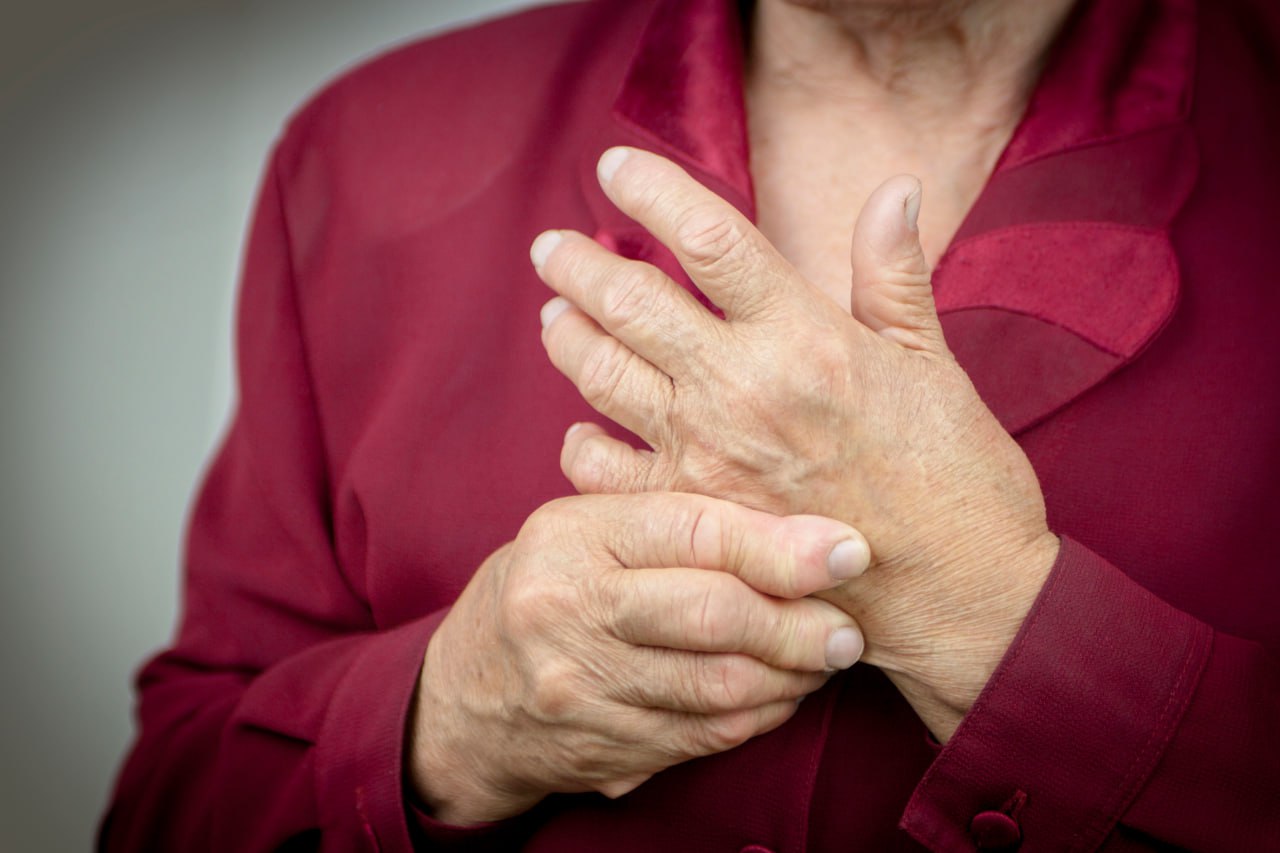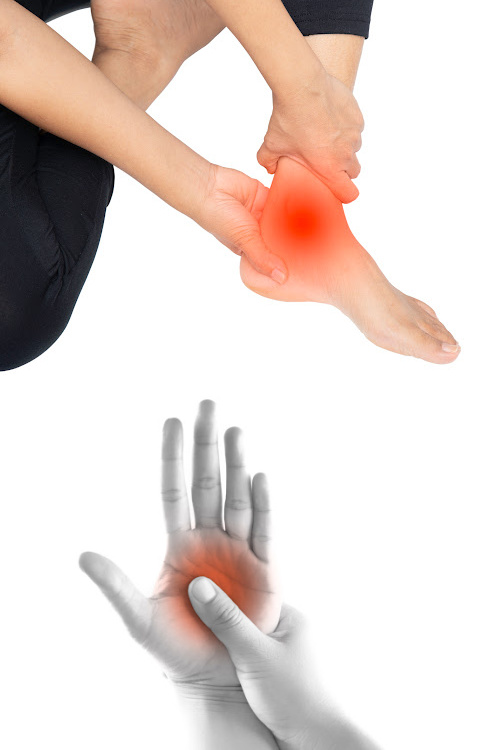Experiencing tenderness and pain when your skin is touched can be confusing and distressing. The discomfort can be intense, making routine activities more difficult and potentially disrupting your sleep as finding a comfortable position becomes challenging.
The causes of these sensations can differ significantly between individuals. Often, this pain and tenderness stem from an underlying medical condition impacting the nerves. This article will delve into the reasons behind such sensations and suggest potential treatments for managing them.
Identifying The Signs And Symptoms
The signs and symptoms of tenderness and pain can vary based on the underlying cause. Generally, individuals experiencing this sensation feel overwhelming discomfort when their skin is touched or pressed. This pain may be accompanied by the following symptoms:
- Localized discomfort: This refers to pain confined to a specific area, not spreading to other parts of the body. It means you may feel soreness or pain directly around the tender area but not elsewhere.
- Skin sensitivity: Skin sensitivity can occur anywhere on the body but is most commonly noticed around the affected area. This may include a feeling of tenderness or tightness when touched.
- Redness or swelling: Redness or swelling near the affected area is a common sign of tenderness. This may be accompanied by warmth to the touch and can persist for an extended period.
- Numbness or tingling: People suffering from tenderness and pain may also experience some degree of numbness or tingling. These sensations can range from mild to severe and are usually felt around the affected area.
- Temperature sensitivity: Temperature sensitivity is also common. Individuals may experience sudden pain in the tender area when exposed to extreme temperatures, such as cold or hot weather.
- Muscle stiffness: Muscle stiffness is another symptom associated with tenderness and pain. People may feel tightness or aching in the affected muscles when they move or use them.
- Skin texture changes: The tender area may also show changes in the skin’s texture. This can include dryness, itching, bumps, or raised patches of skin.
What Leads To Tenderness And Pain In The Body?
The cause of tenderness and pain when touched can vary greatly from person to person. However, these sensations are usually due to an underlying medical condition. Some of these medical conditions can include:
Tendonitis
Tendonitis is the inflammation of tendons, resulting in tenderness and pain in the affected area. Tendons are fibrous cords that connect muscles to bones, facilitating movement. When these tendons become inflamed, they can cause localized tenderness and pain upon touch.
Tendonitis is often caused by repetitive movements or overuse of specific muscles, leading to swelling and irritation around the tendon. For instance, excessive use of hands or wrists for activities such as typing can inflame the tendons, causing tenderness and pain.
Rheumatoid Arthritis
Rheumatoid arthritis is an autoimmune disorder that causes inflammation and joint pain. This condition disrupts the body’s ability to regulate its immune response, leading to swelling and stiffness in various areas. Consequently, individuals with rheumatoid arthritis may experience tenderness or pain when their skin is touched.
Fibromyalgia
Fibromyalgia is a chronic condition that affects the muscles and soft tissues of the body. It can lead to widespread pain, tenderness, fatigue, and other symptoms. Individuals with fibromyalgia may experience tenderness in specific areas when touched, a result of the inflammation caused by this disorder.
Peripheral Neuropathy
Peripheral neuropathy impacts the body’s nerves, disrupting their ability to transmit signals accurately. This disruption can result in numbness, tingling, and pain in the affected areas. Due to the nerve damage caused by this condition, individuals may experience tenderness or pain when touched.
Lupus
Lupus is an autoimmune disorder in which the immune system attacks healthy tissue. This condition can affect various parts of the body, including the skin, joints, kidneys, lungs, brain, and heart. Consequently, it can lead to a wide range of symptoms, such as pain and tenderness.
Complex Regional Pain Syndrome
Complex regional pain syndrome (CRPS) is a chronic pain disorder characterized by burning, aching, and stinging sensations in the arms or legs. CRPS can develop after an injury, surgery, heart attack, or stroke. While the exact cause is unknown, it is believed to be related to nerve dysfunction or inflammation.
Diagnosis And Seeking Medical Attention
You should seek medical attention if you experience persistent tenderness or pain when touched. If this tenderness is accompanied by any of the previously mentioned symptoms, obtaining an accurate diagnosis is crucial.
Your doctor will likely evaluate the affected area and inquire about your symptoms and medical history. If an underlying medical condition is suspected, they may conduct additional tests, such as X-rays or MRI scans, and perform blood work to rule out other potential causes.
Conventional Treatments
Traditional doctors will recommend treatments based on the diagnosis following your examination. Here are some conventional treatments often prescribed for conditions causing tenderness and pain:
- Medications: Pain relievers, such as ibuprofen and aspirin, can help reduce inflammation and pain associated with tenderness. These medications provide short-term relief and are commonly used to manage symptoms.
- Nerve block injections: Nerve blocks are injections that contain a numbing agent to relieve tenderness and pain. By blocking nerve signals in the affected area, these injections can help reduce pain and swelling.
- Alternative therapies: In some cases, doctors may recommend alternative therapies if medications or nerve block injections are not effective, or if patients prefer different approaches. Some common alternative therapies include:
- Acupuncture: This ancient Chinese medical practice involves inserting tiny needles at specific points on the body to alleviate pain and reduce inflammation.
- Massage therapy: This therapy involves manipulating soft tissue to treat various conditions, promoting blood flow, and decreasing inflammation, which can help relieve tenderness.
- Chiropractic care: This approach involves manipulating the spine and other joints to alleviate pain and reduce inflammation, potentially helping with tenderness.
The NextPain Care Approach To Managing Skin Tenderness And Pain
NextPain Care, managed by physicians, merges physical and behavioral therapies within our cutting-edge three-level system. Our method is evidence-based, ensuring our treatments are effective and scientifically validated.
We prioritize conservative treatments first, such as physical therapy, lifestyle modifications, and medication management, aiming for effective and minimally invasive pain relief. When these methods are insufficient, we offer advanced treatments like epidural steroid injections, nerve blocks, and spinal cord stimulation.
This unique combination of treatments allows us to offer comprehensive care that meets our patients’ varied needs. By addressing the root cause of the condition, we aim to alleviate not only the pain and tenderness but also the associated symptoms. Our approach ensures that patients receive comprehensive and lasting relief.
NextPain Care's Expertise in Treating Painful Conditions

Rheumatoid Arthritis Pain Treatment
Rheumatoid arthritis can be a debilitating and painful condition that causes swelling, joint damage, and immobility. NextPain Care offers a comprehensive approach to treating the pain associated with rheumatoid arthritis and the condition itself. We aim to...

Peripheral Neuropathy Treatment
Peripheral neuropathy is a condition that can cause severe pain, impacting daily life. At NextPain Care, we use evidence-based practices to provide relief from the painful symptoms of peripheral neuropathy, adhering to the highest standards set by medical...

Fibromyalgia Treatment
Fibromyalgia is a chronic condition characterized by widespread pain, fatigue, and other challenging symptoms such as tender points and sleep disturbances. At NextPain Care, we use evidence-based approaches to help manage the painful symptoms of...
Experience the benefits of our expert pain management.
